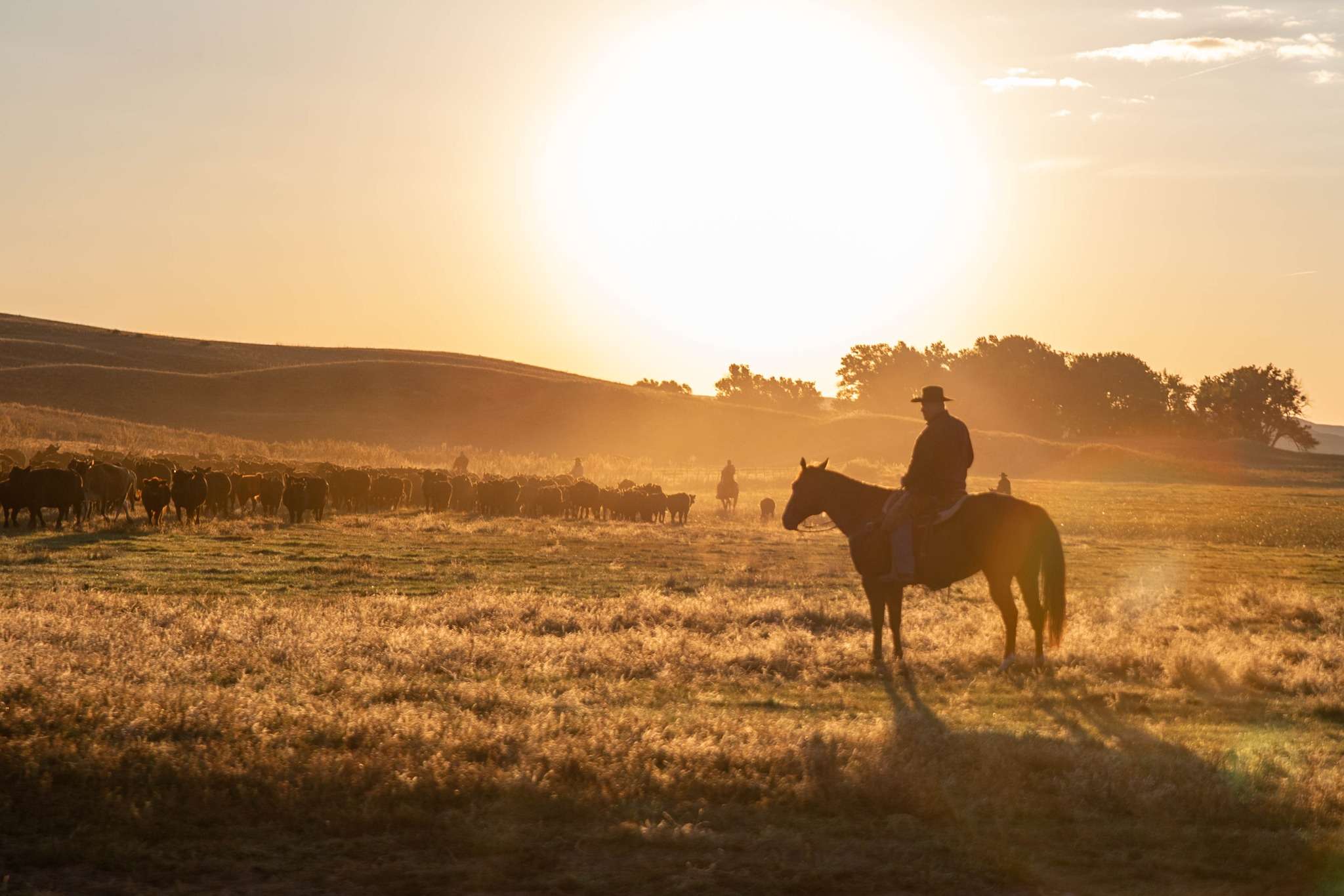
By Allison Peck
LINCOLN, Neb. — The Nebraska Cattlemen Board of Directors this week issued a forceful statement rejecting President Donald J. Trump’s proposal to import beef from Argentina as a means to reduce domestic beef prices. The statement underscores deep concern among Nebraska’s ranchers that the plan could undermine the U.S. cattle industry at a critical juncture.
On Sunday aboard Air Force One, President Trump told reporters that the U.S. “would buy some beef from Argentina… If we do that, that will bring our beef prices down.” His remarks reflect efforts to address elevated beef prices amid drought-related herd reductions, supply constraints and inflationary pressure.
In their statement, Nebraska Cattlemen stressed that one of their core principles is protecting the free enterprise system for the beef cattle industry, and they oppose what they describe as “government interference in the cattle market.” The group warned that injecting “unnecessary price volatility” into the cattle and beef marketing chain during a time when many producers are making heifer retention and herd expansion decisions risks a negative impact. They argue that the one true long-term solution to elevated beef prices is the expansion of the U.S. beef cattle herd, and that the U.S. market is already doing that — if allowed to operate uninhibited.
The statement continues: “Further, we produce a nutrient dense, safe, and delicious product, which is why consumer demand for beef remains strong. We urge President Trump and members of Congress to put American beef producers first and avoid hindering the cattle market’s ability to respond to fundamental cyclical factors.”
Industry reaction has been swift. The national National Cattlemen’s Beef Association (NCBA) echoed similar concerns, noting that Argentina accounts for just over 2 percent of U.S. beef and veal imports and that increasing imports from Argentina would do little to lower consumer prices while threatening domestic producers. Other ag-industry analyses point out that to meaningfully affect U.S. prices the U.S. would have to become Argentina’s largest buyer — a near-impossible scenario given current trade volumes.
Meanwhile, the backdrop to the beef-import discussion adds further context: The Trump administration recently backed a $20 billion currency swap agreement with Argentina, aligning with President Javier Milei’s government in Buenos Aires. Nebraska-based ranchers and farm-policy observers view the beef-import proposal as further evidence of policy moves that overlook domestic agricultural interests. Nebraska U.S. Senator Deb Fischer’s office released a statement urging Trump’s administration to “prioritize America’s ranchers over importing foreign beef,” warning that domestic producers are already operating under tight margins and cannot afford disruption.
The Nebraska Cattlemen caution that allowing some foreign beef to flood the U.S. market at this time would send confusing signals to ranchers who are in the midst of rebuilding herd numbers after years of drought, high feed costs and production headwinds. They argue that what is needed, rather than foreign-sourced beef, is an environment that enables U.S. producers to expand and stabilize the herd — which in turn should help moderate prices over time.
While the proposed import plan is framed as a way to bring down consumer beef prices, the Nebraska Cattlemen say that artificially altering supply in the short term is no substitute for long-term market renewal. They are calling on federal policymakers to step back from import-driven fixes and instead support the structural health of the U.S. cattle industry.
As the debate unfolds, the key question for Nebraska’s ranchers will be whether policy will support their rebuilding efforts or create fresh uncertainty in a business built on long planning horizons.




